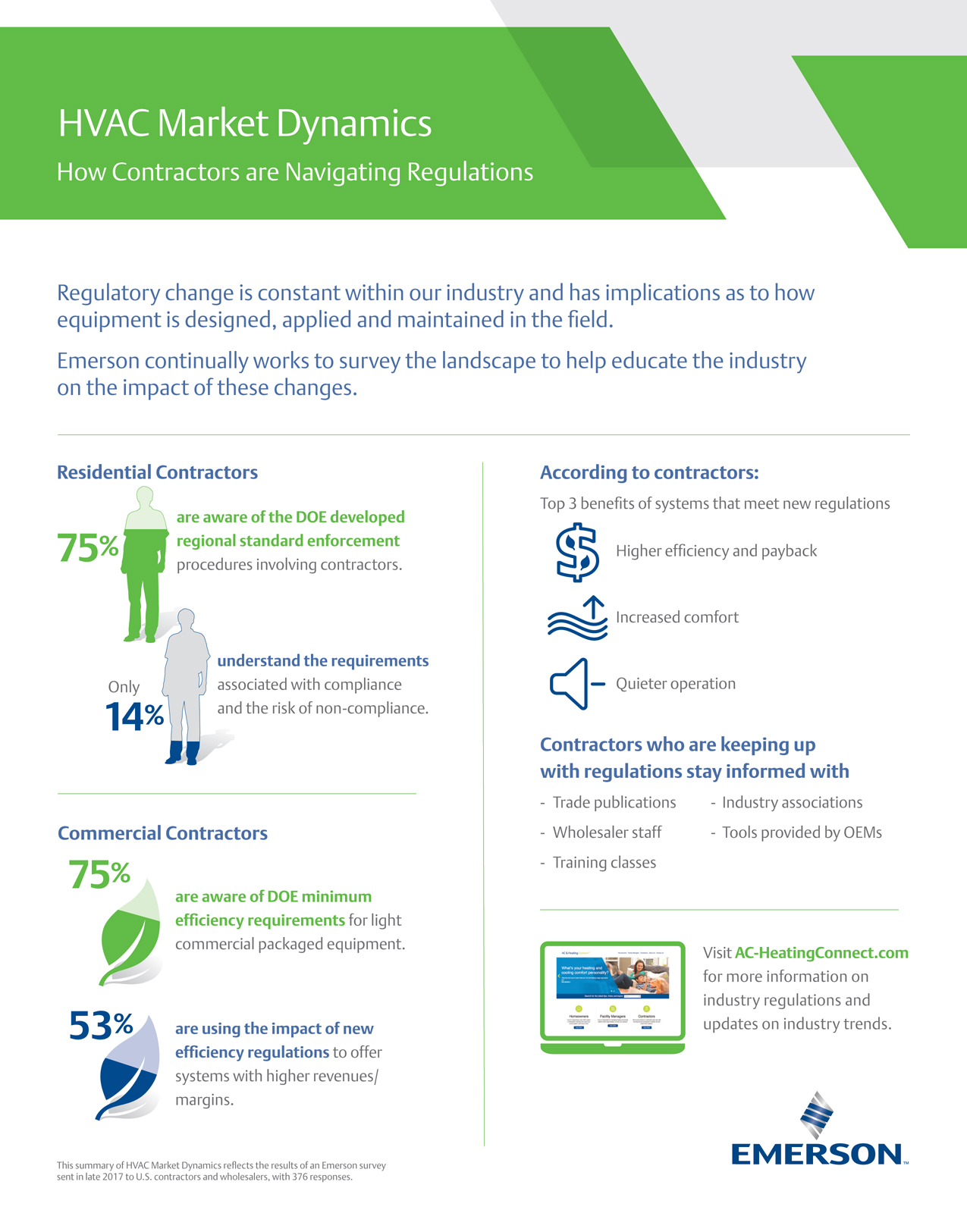When deciding in between air resource and ground resource heat pumps, you might find yourself considering elements like effectiveness, cost, and ecological impact. Each option supplies unique benefits, however which one lines up best with your requirements and top priorities? As you discover the differences between these two types of heatpump, you'll discover key insights that can lead you in the direction of making a notified decision that fits your special conditions. Stay tuned for a much deeper dive into the nuances of air resource versus ground resource heat pumps to aid you navigate this vital choice.
Effectiveness and Performance Contrast
When comparing air resource and ground resource heatpump for efficiency and efficiency, it's essential to think about how each system runs in numerous conditions. Air resource heatpump extract warm from the outdoors air, making them more at risk to changes in temperature. This suggests they may be less effective in exceptionally cool climates.
On the other hand, ground source heatpump make use of secure underground temperature levels for warm exchange, supplying more consistent efficiency regardless of exterior weather conditions. Ground source heatpump are usually a lot more energy-efficient over time due to the secure warm resource underground. Additionally, ground resource heat pumps have a tendency to have a longer life-span contrasted to air resource heat pumps, which could influence lasting performance and upkeep expenses.
Expense Evaluation: Setup and Maintenance
For a thorough comparison in between air resource and ground resource heat pumps, it's important to evaluate the costs related to their setup and maintenance. visit the next web page have lower upfront installation costs compared to ground resource heatpump. The installation of air source heatpump entails less complex excavation and exploration, making it a much more economical alternative for several house owners.
However, ground source heat pumps are understood for their greater effectiveness, which can cause lower long-term power prices, potentially countering the first installment costs in time.
When it involves maintenance prices, air resource heatpump are normally much easier and less expensive to preserve compared to ground source heat pumps. Ground resource heatpump require regular examine the below ground loophole system, which can sustain additional upkeep costs.
On https://kevsbest.com/hvac-services-in-charlotte/ , air source heat pumps typically need simple filter adjustments and occasional specialist examinations, maintaining maintenance costs reasonably low.
Take into consideration both the ahead of time setup prices and long-term upkeep expenses when making a decision between air resource and ground source heat pumps to figure out which alternative aligns finest with your budget and demands.
Environmental Effect Evaluation
Assessing the environmental impact of air source and ground source heat pumps is vital in understanding their sustainability.
Air source heatpump need electrical energy to operate, which can result in increased carbon emissions if the power comes from nonrenewable fuel sources. On the other hand, ground source heat pumps utilize the stable temperature level of the ground to heat and cool your home, resulting in reduced power usage and decreased greenhouse gas emissions.
The installment of both types of heatpump involves some degree of environmental influence, such as making use of cooling agents in air resource heat pumps or the excavation required for ground loops in ground resource heat pumps. Nevertheless, air conditioning unit installation have a longer life expectancy and greater performance, making them a much more environmentally friendly choice in the long run.
Conclusion
When determining in between air source and ground source heat pumps, consider your climate, budget, and environmental goals. see here now are more affordable in advance, yet ground source heat pumps supply higher effectiveness and long-lasting savings. Choose the option that aligns with your concerns and demands for a comfy and lasting home heating option.
